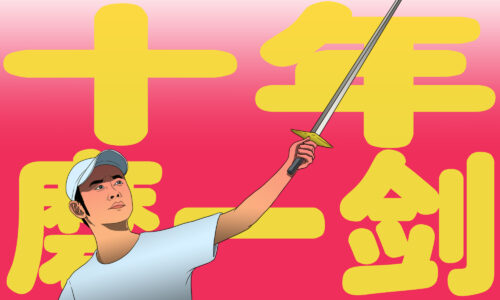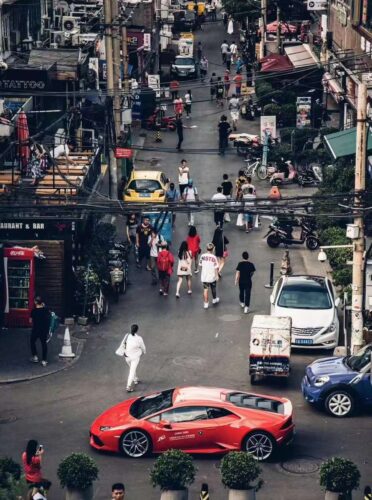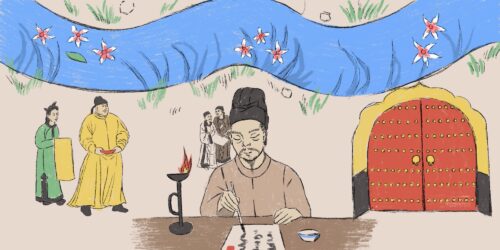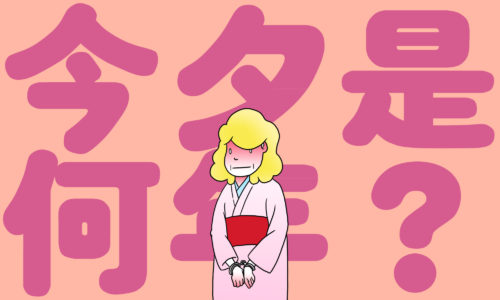Kuora: Stereotypes of China’s provinces: A poem
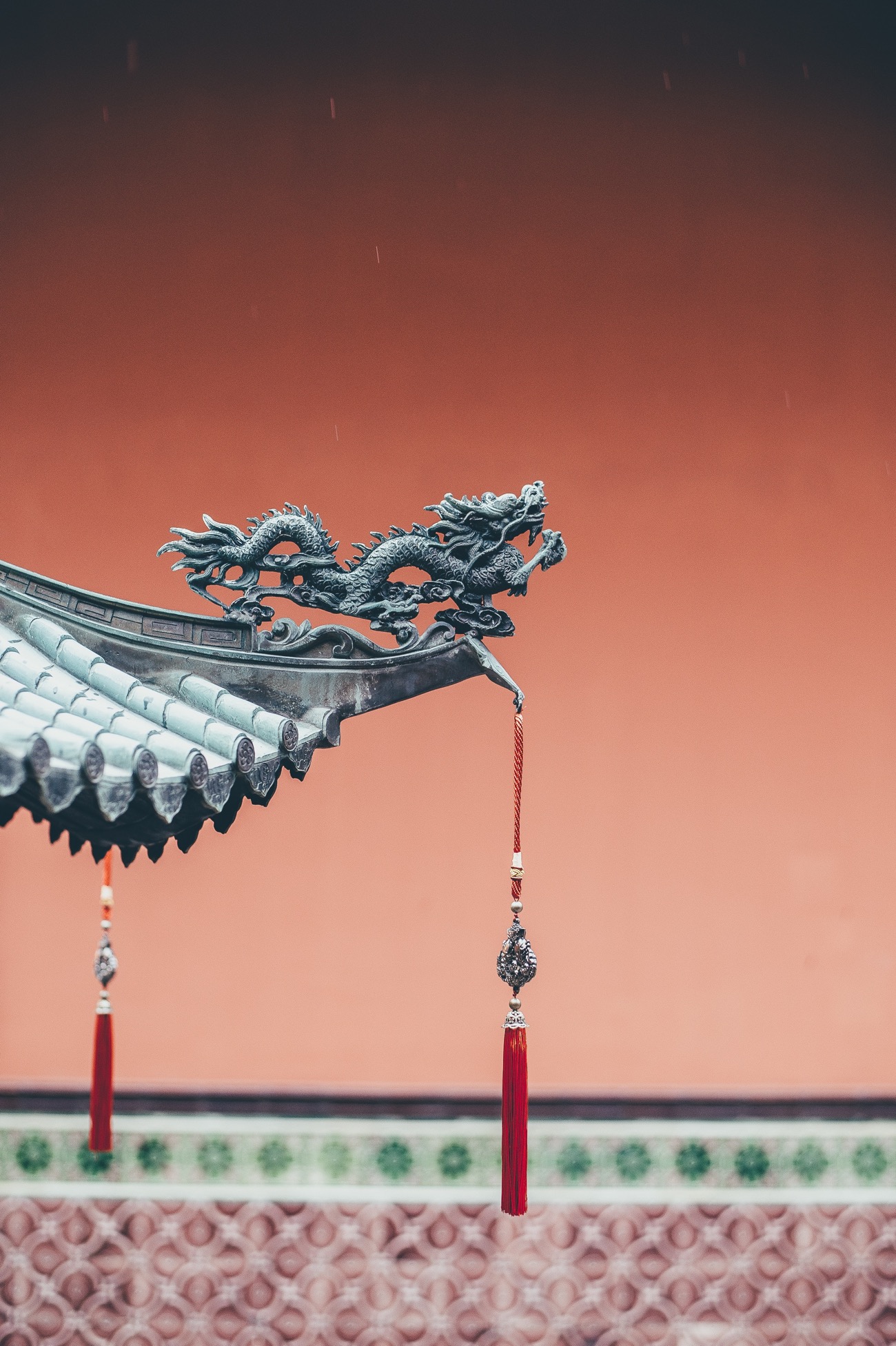
April is National Poetry Month, which makes this week’s column — from one of Kaiser’s answers originally posted to Quora on November 3, 2014 — especially fitting:
What are the TL;DRs (or stereotypes) of the various provinces of China?
Here’s a little poem I wrote years ago in an effort to capture the stereotypes:
In Dongbei, whence the Manchus came, the men do like their liquor.
While effusive with their friendship, with their enmity they’re quicker.
Though they’re honest and straightforward, at the slightest provocation
They’ll show why they’ve been slandered as the Klingons of this nation.
The leggy Dongbei ladies for their beauty are renowned,
(I attest that in my travels, few more fetching have I found).
But they suffer from one drawback, and it’s very sad to tell —
When they open up their mouths to speak, they break that magic spell.
The stalwart Shandong people grow as hearty as their scallions,
On their noodle-heavy diet they’ve been bred as strong as stallions.
They’re known for dogged loyalty; they’re known as trusty folks,
But a bit slow on the uptake — thus, the butt of many jokes.
In Hunan and in Hubei in the country’s center-south
They say the people there can really run it at the mouth.
In Hubei in particular, the saying is often heard
That a single Hubei codger can drown out a nine-head bird.
The Hunanese, in temperament, are piquant as their dishes,
Like duo jiao yu tou — capsicum with slow-braised heads of fishes.
Add to this mix the province’s infernal summer heat,
And you see why Hunan’s Xiang Jun had the Taiping rebels beat.
The teahouses of Chengdu represent the Sichuan Way:
The women toil in earnest while the men drink tea and play.
The Chuan hou plays at mahjong as the Chuan mei cleans and mends,
And like the Sichuan peppers do, she burns it at both ends.
The Pearl River Delta in the southlands of Guangzhou
Is home to China’s most industrious people, as you know:
They’re scrappy and they’re gritty and they’re free of all pretension,
And they’ll make a meal of any living beast you’d care to mention.
They say that Henan people are a sly and cunning lot
But my ancestors are from there — proving some, at least, are not.
My co-provincials countrywide are blamed for every ill,
While provinces that suck as bad get let off easy still.
The Shanghainese are philistines, and this they’ll gladly own:
Commercial instincts permeate them to the very bone.
Their pride in Shanghai’s petit bourgeois ethos is immense,
But what they lack in culture, they make up in common sense.
As you might well have expected, I have saved the best for last,
For my love for Beijing’s people is immovably steadfast.
From their gargling r-drenched accent to their dry sardonic wit,
The denizens of Jing Town are the dope, the bomb, the shit.
Beijingers love to gab, and though they’re lazy and they’re slow,
There’s nothing about politics that they aren’t apt to know.
They may complain a lot about the traffic and the air,
But scratch beneath the cynicism and you’ll find they care.
So be grateful that you live here, and be clear on what it means.
Be grateful you don’t live among Klingons, or philistines.
Be grateful for the legacy of Yuan and Ming and Qing —
And most of all be grateful for the people of Beijing.
Kuora is a weekly column. Top photo by Annie Spratt via Unsplash. We’re celebrating Poetry Month here at The China Project; read more stories about poetry here.
For another of Kaiser’s poems, see:

